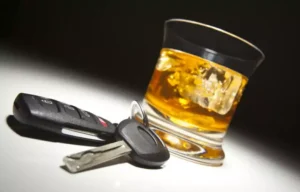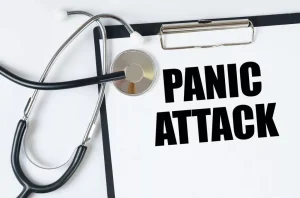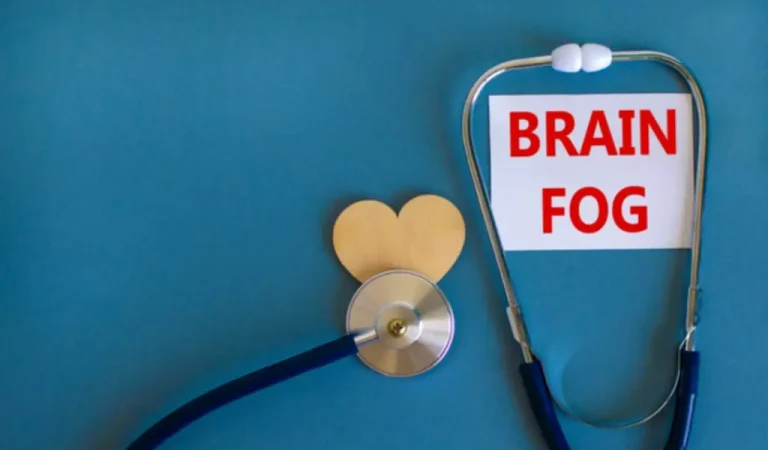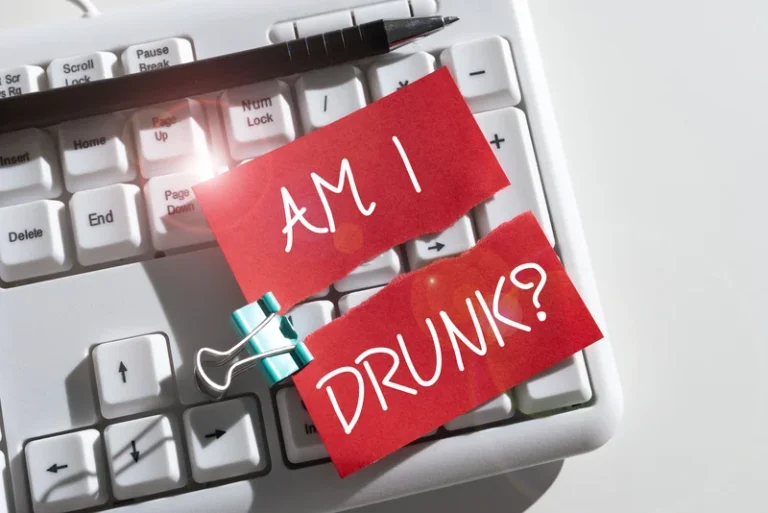
Seeking support through a self-help group is another option that a mental health professional may suggest in conjunction with therapy. Based on the 12-step theory, groups like Sex Addicts Anonymous can help people with compulsive sexual behavior find a sense of community in recovery. For example, research has found that males with hypersexuality disorder are more likely to have other mental health problems. Because of this, mental health professionals go back and forth on how to classify compulsive sexual behavior. Currently, hypersexuality disorder is characterized similarly to impulse control disorders and behavioral addictions. Forgiving yourself and asking for forgiveness from others will help to heal the emotions of shame and guilt.

Tips to Overcome Shame and Guilt in Recovery

Additionally, being a single-gender rehab promotes more open and relaxed communication among the people in treatment. Acceptance and Commitment Therapy (ACT) is a form of psychotherapy that has been found to be particularly effective in addressing feelings of shame and guilt during addiction recovery. Research suggests that shame-prone individuals are more likely to engage in addictive https://ecosoberhouse.com/ behaviors as a way to cope with their negative emotions. Shame can also hinder the recovery process by making individuals feel unworthy of help, leading to poor self-esteem and feelings of hopelessness. In contrast, guilt-prone individuals may be more successful in overcoming addiction, as they tend to take responsibility for their actions and seek ways to make amends.
Dialectical Behavioral Therapy (DBT) for Shame and Guilt
The fourth step to addressing guilt and shame in recovery is practicing social hygiene. Social hygiene started in the last century as a movement to address vice, prostitution, and sexually transmitted diseases. Part of participation in recovery groups like Alcoholics Anonymous addresses re-learning how to socialize. Socialization skills are essential to recovery and the third step towards addressing guilt and shame. The role of uncomfortable emotions in recovery typically requires seeking professional counseling. Attending recovery groups like Alcoholics Anonymous and seeing a counselor are integral parts of the recovery process.

A Basic Guide to Addiction Treatment and Recovery
See the role of shame and guilt in addiction recovery, along with how to overcome both with our support at Action Rehab. As mentioned above, for the average person, those emotions can be digested. Yet, for someone living with an addiction, or for someone who is working through addiction recovery, both shame and guilt can be guilt and shame in recovery difficult to work through. Guilt and shame can also be linked to current reality, making impending steps, challenging to face. Although it may be easier said than done, this is a crucial step in addiction recovery. It is important to remember that everyone makes mistakes, and some of these mistakes may be bigger than others.
Compulsive Sexual Behavior Disorder
Millions of people worldwide are affected by addiction, a severe and complex disorder that can cause significant physical, emotional, and social problems. It’s a challenging and daunting experience for individuals who face addiction, often struggling with shame and guilt. Addiction is not a moral failure but a medical condition that requires compassionate and comprehensive care. In this blog post, we’ll explore the impact of shame and guilt on addiction recovery and provide strategies for overcoming these emotions.
- Treatment for compulsive sexual behavior can vary based on underlying issues.
- Shame and guilt can feel like heavy burdens, especially when you’re struggling to overcome addiction.
- Instead, work on shifting attitudes and routines to improve your ability to make wiser choices now and in the future.
- Guilt and shame can also be linked to current reality, making impending steps, challenging to face.
- Remember that guilt and shame become a vicious cycle when we try to hide the wrongs we have done.
- They provide individuals with added resources and assistance that can help them overcome challenges they may face during their recovery journey.
- This is true for many of life’s situations, but especially so when the situation is trying to stay sober.
- Often, individuals struggling with addiction feel shame and guilt for their actions in the past.
- He interviews people within psychology, mental health, and well-being on his YouTube channel, The DRH Show.
- It defines CSBD as a persistent pattern of failure to control intense, repetitive sexual impulses or urges resulting in repetitive sexual behavior.
Practice Mindfulness:

